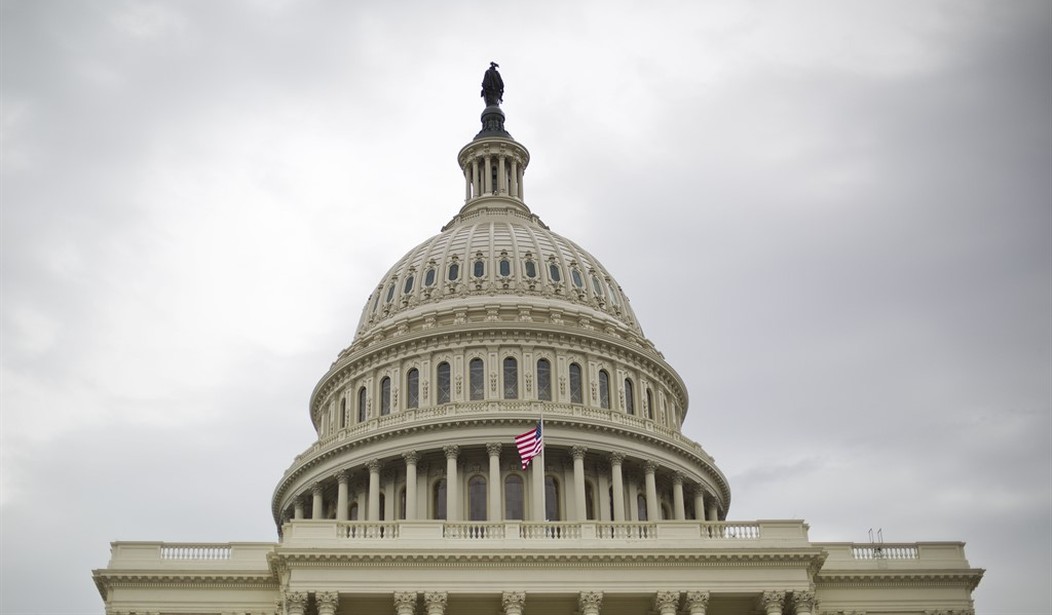Spain is the latest country talking about adopting a universal basic income, or UBI, program in response to the COVID-19 pandemic. Many libertarians, including myself, have always been open to the idea of moving away from traditional welfare programs to cash payments. That said, I have never come around to endorsing the concept, which suffers from very serious flaws. Unfortunately, the proposed Spanish program would suffer from these same flaws and add a few others to the mix.
The idea of a UBI isn't new. It isn't even a particularly progressive idea. Libertarian/conservative scholar Charles Murray of the American Enterprise Institute gave UBI a new lease on life a few years ago when he published his book "In Our Hands: A Plan to Replace the Welfare State." Murray argued for an unconditional $10,000 annual cash payment from the government to all adult Americans, coupled with the repeal of all other welfare transfer programs. Further, many libertarian giants such as Milton Friedman, Friedrich Hayek and even Nobel laureate James Buchanan have praised one form or another of a UBI.
In a world where governments already redistribute income with all of the inefficiency that comes with overlapping bureaucracies, frequently resulting a very mediocre welfare system, the notion of direct cash payments has some appeal due to its relative simplicity and fairness. For many, it is certainly preferable to the current system.
The appeal of a UBI isn't really about shrinking the size of government. The program cost would be quite large if the monthly payment is around $1,000 and universal, even though the number of public employees required to administer a true UBI system would be smaller than the army of bureaucrats that taxpayers currently employ to administer the welfare system.
For many, an interest in UBI also comes from the perception that welfare programs are demeaning and paternalistic by design. These current programs dictate to poor people what to spend on food, housing or health care instead of allowing them to determine those trade-offs. In other words, if you believe that all individuals have the capacity to promote their own interests and are, in fact, better able to make decisions about their own lives than anyone else (like government bureaucrats), UBI should pique your curiosity.
Recommended
But a UBI program does have features that are problematic.
As George Mason University economist Bryan Caplan has noted, a system that taxes everyone in order to redistribute to everyone is nonsensical in and of itself. Then there is the fact that in places where it has actually been tried, UBI has created some disincentives to work. But that's hardly a surprise since most welfare programs, including the earned income tax credit, also have this downside. The real question is whether UBI is worse than the current system as a whole. One thing is for sure, as a two-year experiment in Finland demonstrated: We know that UBI doesn't compel people to work.
But there are additional concerns surrounding UBI, which are deal breakers for me. Without a strong guarantee that all anti-poverty measures would be terminated -- and that they will not be brought back to life later -- UBI is a terrible idea. Under such circumstances, UBI won't live up to one of its chief selling points, namely, to serve as a more efficient substitute for the highly inefficient welter of existing welfare programs and to do it in a simple and uniform manner. Herein lies a lot of the problem with the Spanish scheme.
For starters, it's not universal. It's means-tested, which is to say that the UBI recipients must demonstrate they lack a certain level of wealth or income. This defeats the universal and simple aspects of the system. In addition, Spain's UBI program would be added on top of existing welfare programs, so it only makes existing programs more complicated, more bureaucratic and more expensive.
A few years ago, George Mason University's Peter Boettke and Adam Martin of Kings College in London wrote, "The most robust protection against poverty comes from institutions that generate a harmony of interests rather than those that foment distributional conflicts." A guaranteed income may or may not be an improvement over the current state of affairs, but either way, a massive wealth transfer and regulatory state harms the poor.
Veronique de Rugy is a senior research fellow at the Mercatus Center at George Mason University. To find out more about Veronique de Rugy and read features by other Creators Syndicate writers and cartoonists, visit the Creators Syndicate webpage at www.creators.com.























Join the conversation as a VIP Member